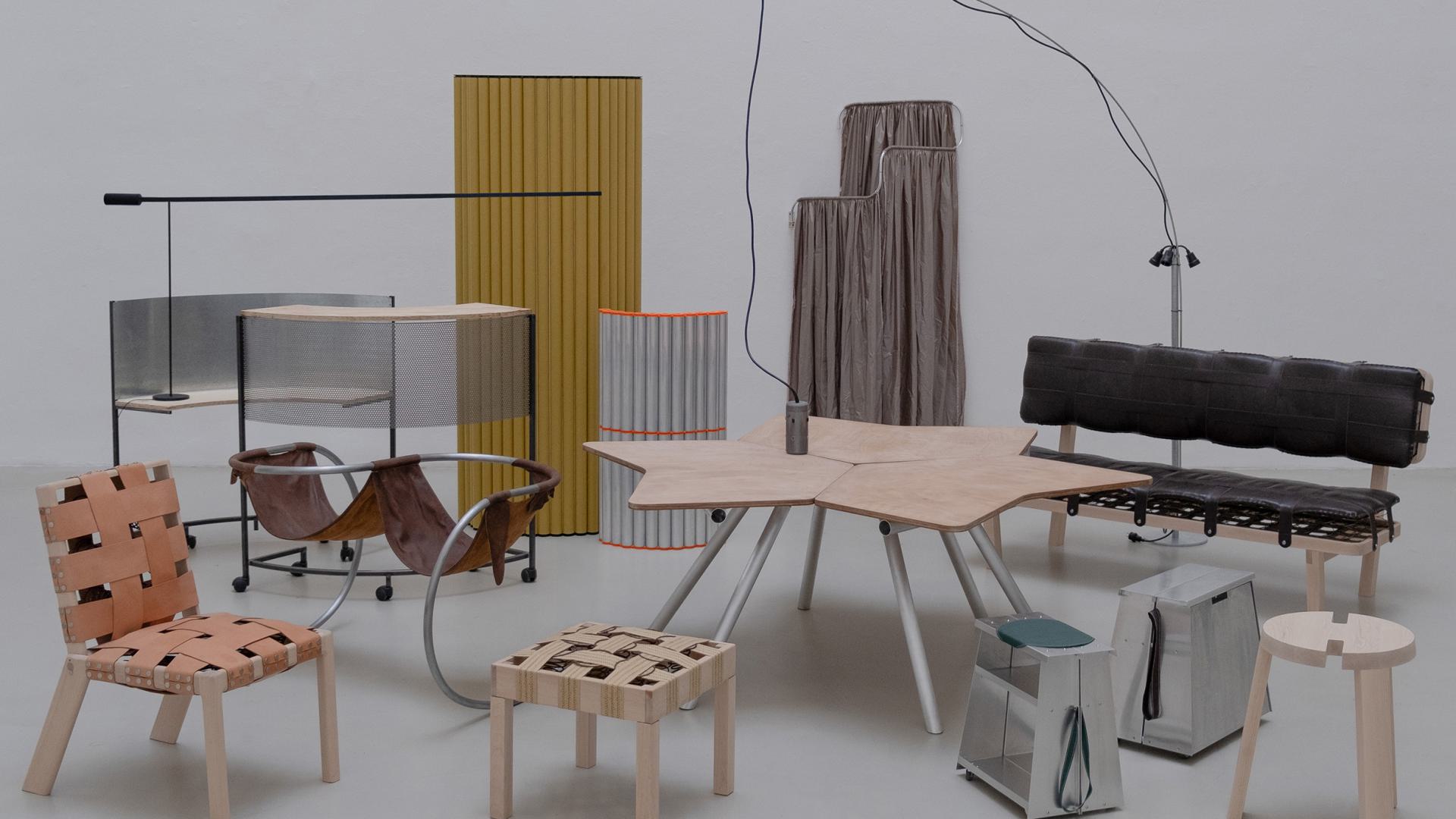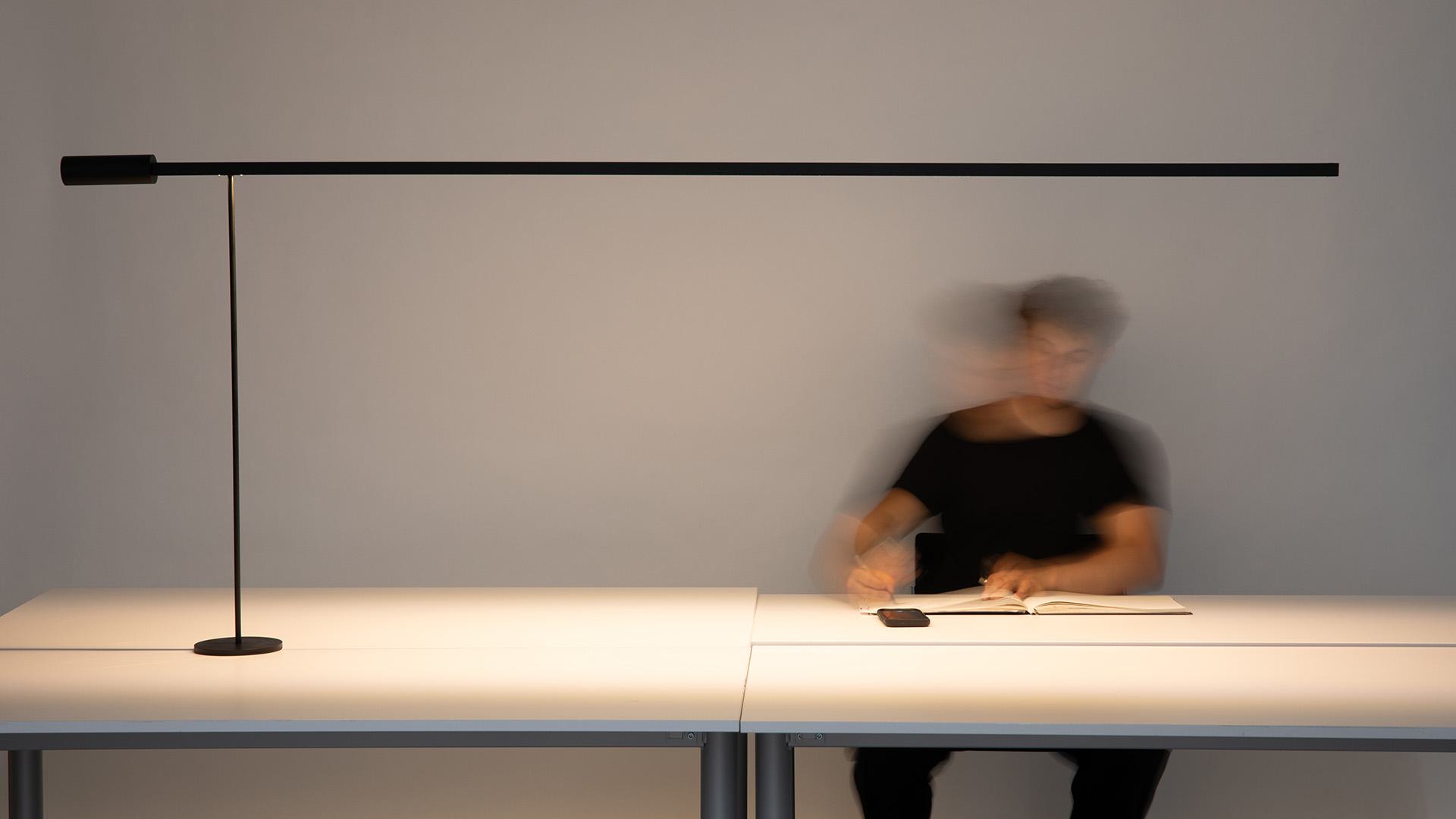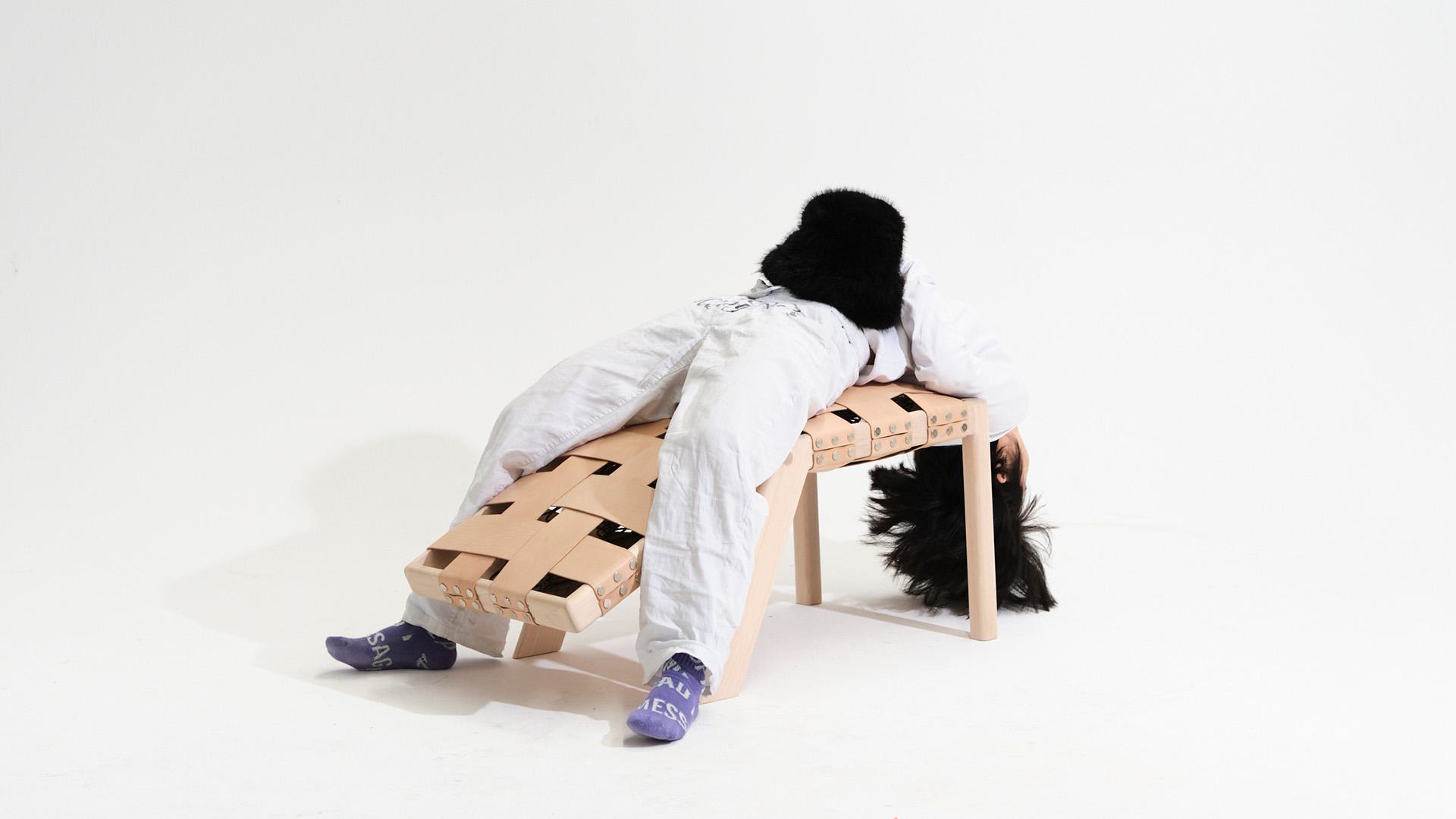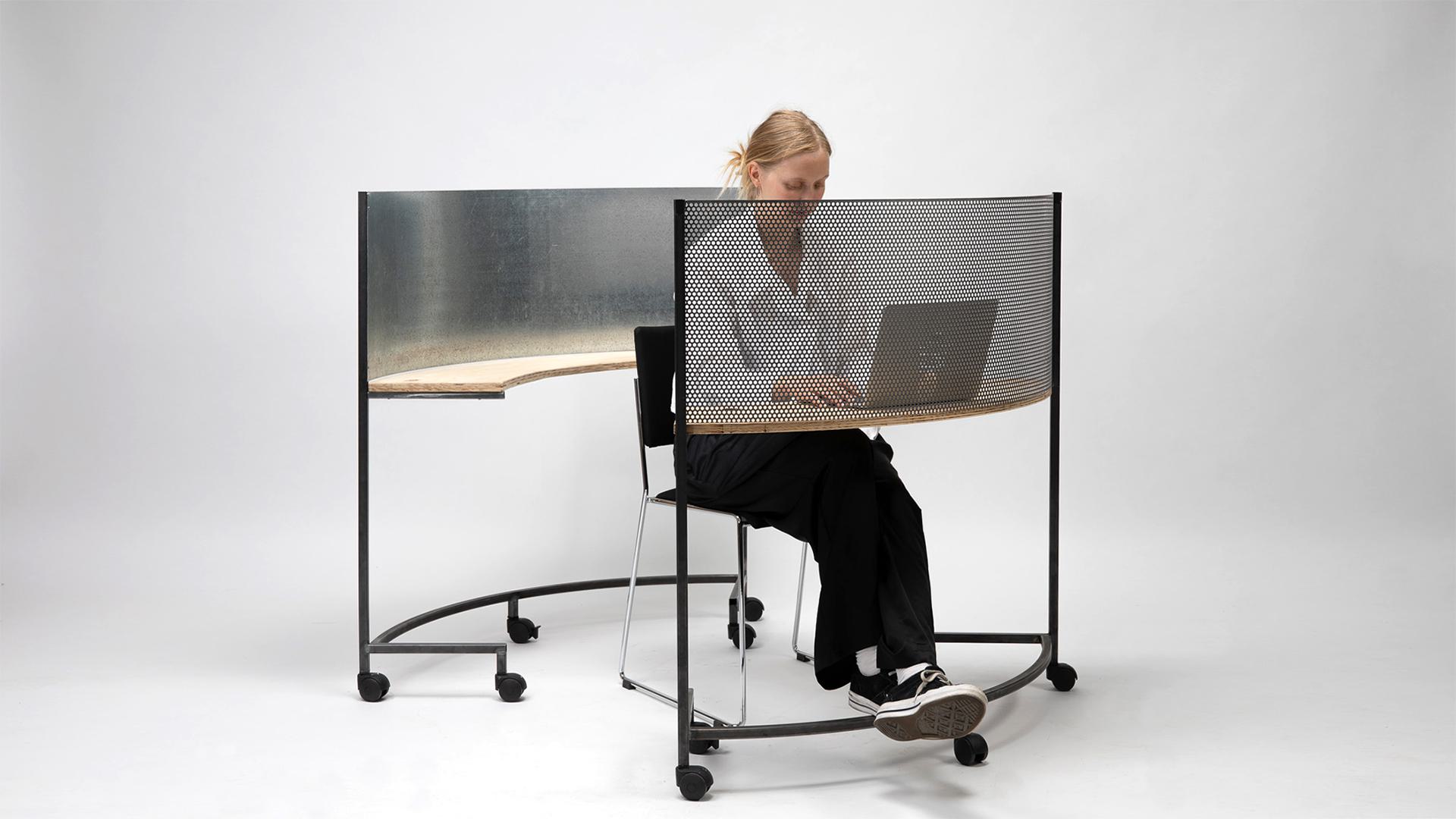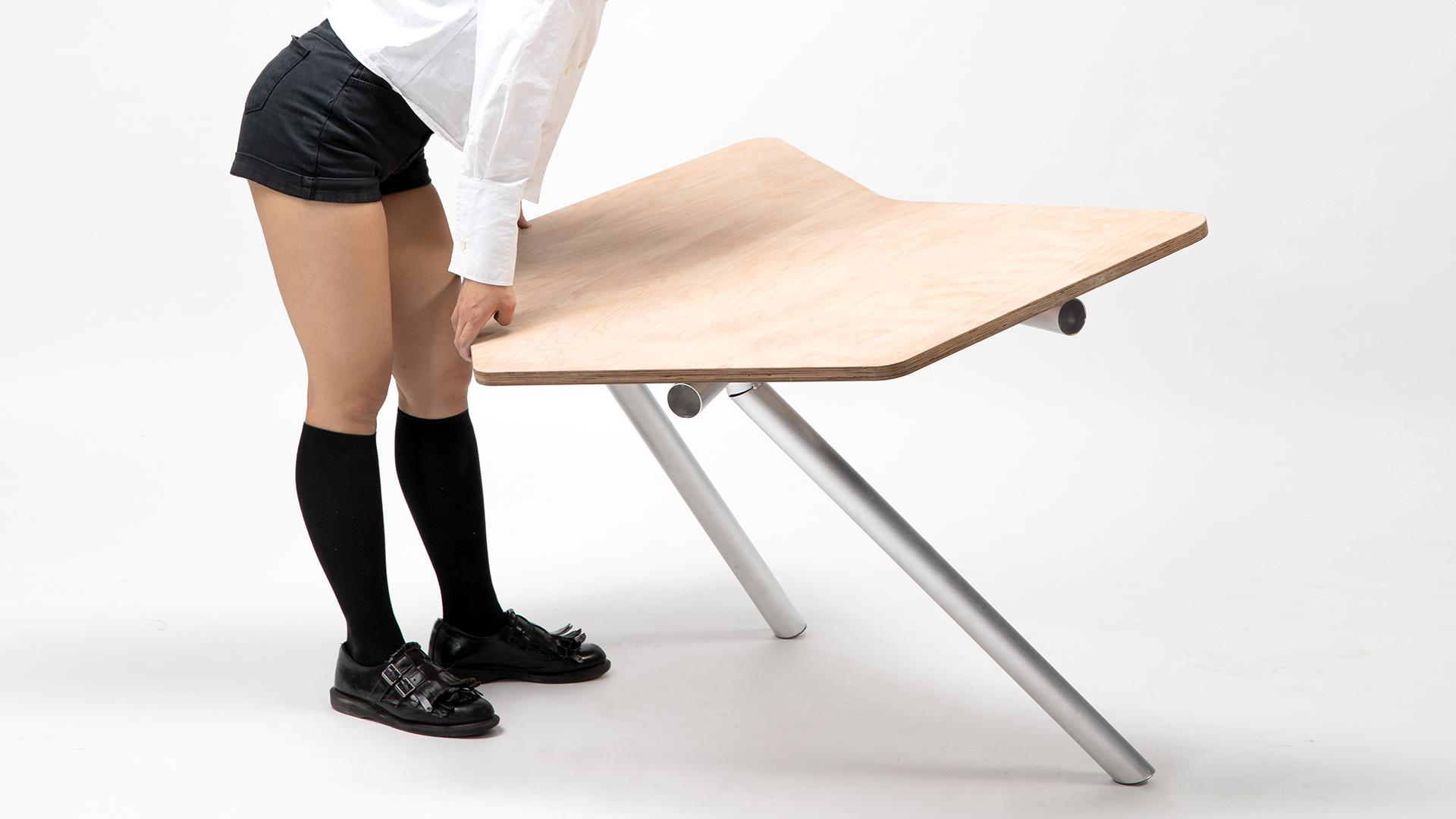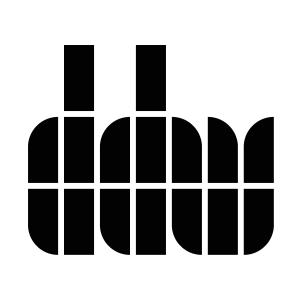Beyond Ownership: A Path Toward Circularity
We live in a linear economic system: raw materials are extracted, products are manufactured, sold, and eventually discarded. This project aims to challenge the conventional system by adopting a circular approach - designing products that can re-enter the loop and remain in use for as long as possible.
The ‘Sharing Economy’ offers a path toward circularity. By keeping ownership of both products and their materials with the manufacturer while charging users for access, the economic model shifts fundamentally. Profit is no longer dependent on short-term sales but on durability, repairability, and long-term performance. At the same time, responsibility for maintenance and, ultimately, recycling remains with the manufacturer, ensuring higher material recovery and more effective circular processes.
Rewarding Resilience: Designers at the Heart of the Sharing Economy
For the sharing economy to truly function, design practice must also evolve. Today, designers are rewarded based on sales performance, reinforcing rapid consumption. This logic must be reversed: designers should benefit when their designs last, adapt, and remain relevant. By aligning economic incentives with longevity, design shifts from momentary impact to resilience. It is time to design for continuous value - durable, adaptable, and circular.
At Dutch Design Week 2025, the Industrial Design class at the University of Applied Arts Vienna, led by Stefan Diez, is showcasing new approaches to circular design for the sharing economy, in collaboration with NORNORM, an innovative office furniture subscription company.
Join Stefan Diez and Anders Jepsen (CEO of NORNORM), for a panel talk about how Circular Design Contract drives forward to the circular economy at the Van Abbemuseum, 20 October, 14:00–15:30.
Curated by Stefan Diez
Developed with the team of Industrial Design, University of Applied Arts Vienna.
Exhibited Projects by
Ambrosia Köb
Dario Lantschner
Emilie Karaskova
Flora Sommer
Helena Philipp
Jan Penka
Jana Kaufmann
Maximilian Oberacher
Moritz Berchtold
Yoomin Sun
 Free wifi available
Free wifi available
 Toilets available
Toilets available
 Fully wheelchair accessible
Fully wheelchair accessible
 Wheelchair friendly toilet available
Wheelchair friendly toilet available
